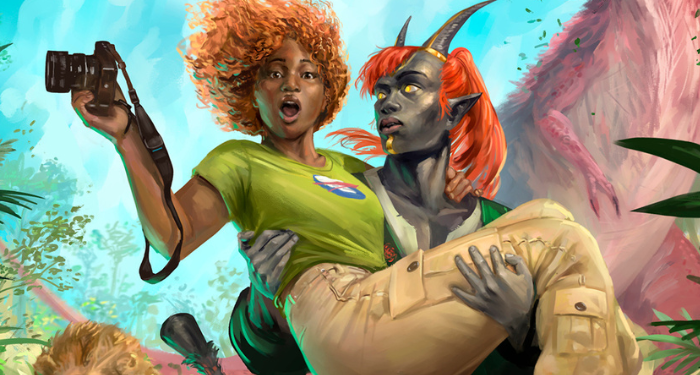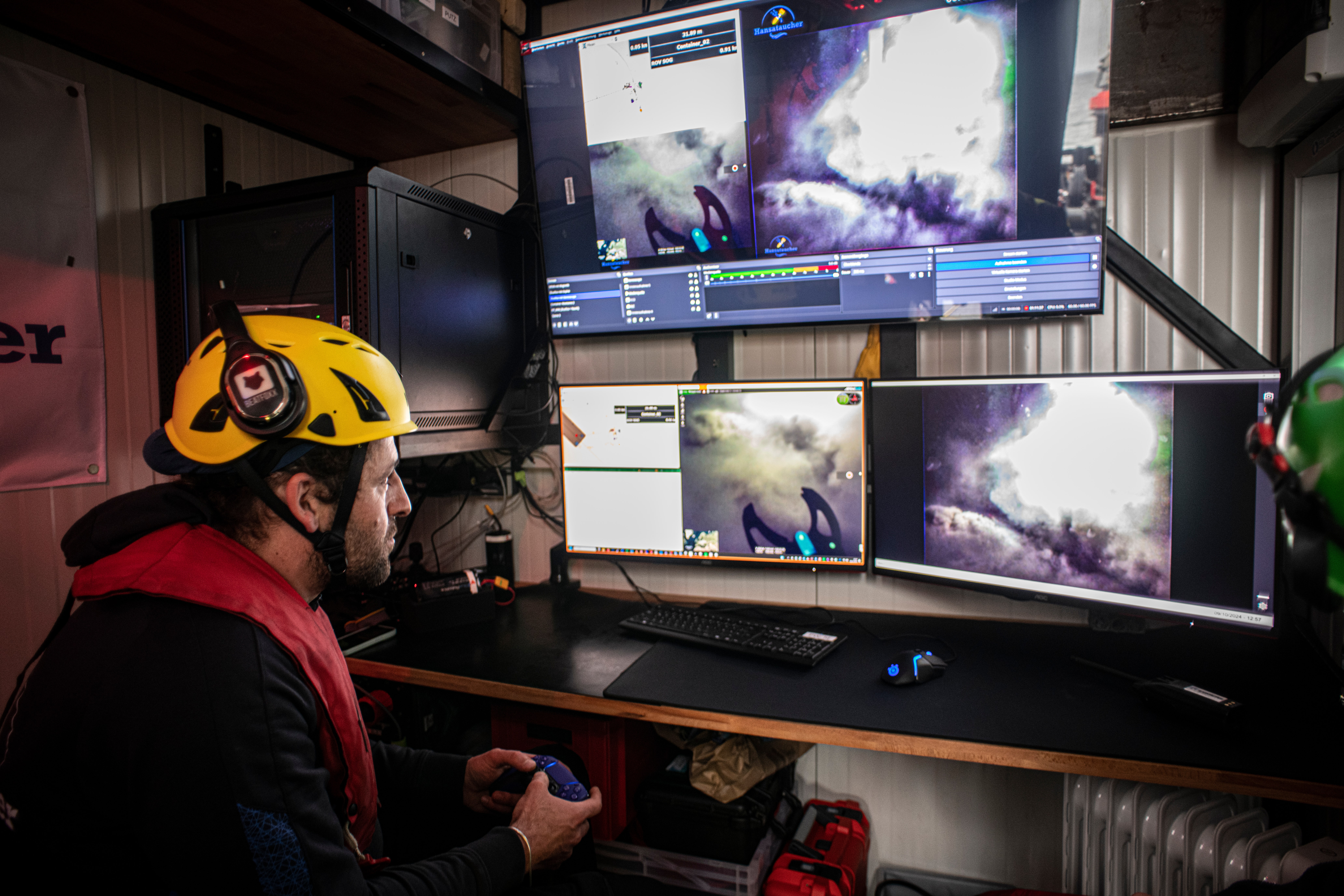
This lightly fictionalized memoir (with names and identifying details changed) begins with the author’s boyhood mission of escaping the dreariness of Reagan-era Dubuque, Iowa, and the financial strains his working-class family endured. He decides to find a way to get rich, first by trying to win million-dollar McDonald’s promotional contests—until he read the fine print and discovered the 80-million-to-one odds. As a bullied, and occasionally beaten, gay teen, he acts in high school musicals and dreams of earning millions as a Broadway star; but when he later arrives in New York with a degree in graphic design, the closest he gets to his aspirations is a backstage job with the musical Urinetown. Stoffel then bounces between New York, Paris, and Honolulu working unsatisfying day jobs—office gigs, waiting tables—while developing accomplished but not very remunerative sidelines as a painter and freelance photographer. (The author includes captivating, vibrantly colorful photos from his Asian sojourns, depicting Buddhist monks and geishas.) Stoffel finally begins earning enough money as a marketing professional involved in major advertising campaigns to make $1 million a possibility, but he’s still discontented. He thus embarks on gonzo startup schemes, including a fashion app featuring changing-room selfies of women trying on clothes, and a novelty venture called Glitter Poo Pills—capsules filled with edible glitter that, as the book’s title asserts, add sparkle to bowel movements. (Yes, they sold.) Along the way, Stoffel weathers many an entertaining—and usually humiliating—pratfall.
Stoffel’s picaresque work is a classic tale of a small-town lad with starry-eyed ambitions making it in the big city, but with a more realistic take on the circuitous path that journey takes—and a clear-eyed conclusion that the destination matters less than the adventures along the way. A pervasive theme is the nature of work and its impact on people’s lives and characters, as in a rich, physically evocative sketch of Stoffel’s father coming home from the John Deere plant: “I can vividly recall him trudging up the gravel alleyway behind our house at the end of each shift, his slim but strong frame covered in silt from the factory floor.” There are passages of bleak, plangent emotion in the book, as well, especially regarding the death of an ex-boyfriend of pneumonia: “The hospital room felt too still, the machines were quiet, and the coldness of the room pressed down on me like a suffocating blanket. He was gone.” At many points, though, this is a raucously funny book, with raffish prose full of self-deprecating humor regarding the distance between exalted pretensions and awkward reality. About pretending to meditate at a Laotian temple, for instance, Stoffel writes, “I wondered if Buddha was silently judging me from behind that peaceful smile—did he know I was thinking more about my posture and my Apple Watch than any kind of inner peace?” The result is a luminous tribute to the inestimable value of not quite getting what you want.




)



)
 English (US) ·
English (US) ·